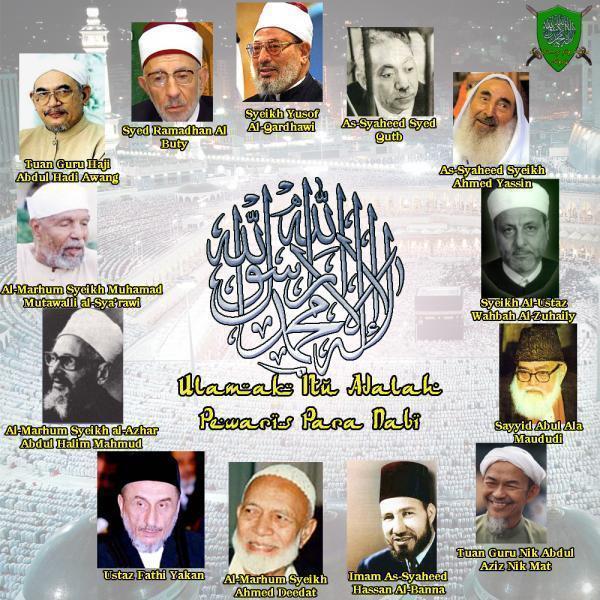Biografi Sheikh Hamzah Yusuf Hanson
19:31Life as Poetry
– Arthur Schopenhauer
In the Beginning
-Sheikh Abdullah Qadi
The Family Tree
School Years
The Incorruptibles[3]
Grade 8
A Separate Peace
Reflections
La Mabooda bi Haqqin see Sala.
Seeing the Light
Al-Andalusia[8]
The Pursuit of Knowledge
The Arabian Educational System
Al-Ain
Meetings with Masters: Sheikh Abdullah Ould Siddiq
I started to study with Sheikh Abdullah Ould Siddiq in addition to my required classes at the Islamic Institute in Al-Ain.
Al-Muezzin: The Caller
I was 20-24”[35]
I had studied Ibn Ashir, al-Risalah, and sections of Aqrab al-Masalik privately; I had studied the early editions of al-Fiqh al-Maliki fi Thawbihi al-Jadid, which were used at the Institute; and I had studied Hadith with Sheikh Ahmad Badawi, one of the great Hadith scholars of Sudan. But I had put little to memory other than what I naturally retained.
Leading the Salaat
It was then that I began to have dreams in which I saw a great man, whom I learned later, was Murabit al-Hajj. One of those dreams included an elderly woman whom I had also never seen before.” [39]
On to Bigger Things. The Journey to Algeria
The Land of a Thousand Poets
I went to the marketplace and asked around if there was anyone from the Massuma clan, and was directed to a small shop where I met Abdi Salim, a very friendly man who was from the same branch of Massuma as my teacher, Sheikh Hamid. When I told Abdi Salim I wanted to find Murabit al-Hajj and study with him, his face lit up and he wholeheartedly endorsed the idea. He then took me to someone from Mukhtar al-Habib, the branch of the Massuma clan that Murabit al-Hajj was from, and they took me to the house of Mawlay al-Maqari al-Massumi, a small place made from tea boxes with open sewage in the back. Similar houses were all around, as far as the eye could see. Mawlay al-Maqari al-Massumi was one of the most hospitable and welcoming people I had ever met; I later learned he was loved by all who knew him. I stayed with him and his family for several days.
As we came into Tuwamirat, I was completely overwhelmed by its ethereal quality. It was the quintessential place that time forgot. The entire scene reminded me of something out of the Old Testament. Many of the people had never seen a white person before and the younger people had only heard about the French occupation, but never seen French people or other foreigners for that matter. I entered the tent of Murabit al-Hajj.
My eyes fell upon the most noble and majestic person I have ever seen in my life. He called me over, put his hand on my shoulder, welcomed me warmly, and then asked me, “Is it like the dream?” I burst into a flood of tears. I had indeed experienced a dream with him that was very similar to our actual meeting.[44]
Meetings with Masters: Murabit al-Hajj
Coming Home
American Imam
Establishing the Zaytuna Institute
His Teachers
Moving to Light Speed – 9/11 and beyond
-Sheikh Hamza Yusuf (Seeking help after 9/11)
– Sheikh Hamza Yusuf
–Sheikh Hamza Yusuf
Meetings with Bush
-Sheikh Hamza Yusuf
-Sheikh Hamza Yusuf
Reflections
-Sheikh Hamza Yusuf
Weapons of Mass Destruction
-Sheikh Hamza Yusuf
The Decade After
Influence
-Sheikh Hamza Yusuf










0 comments